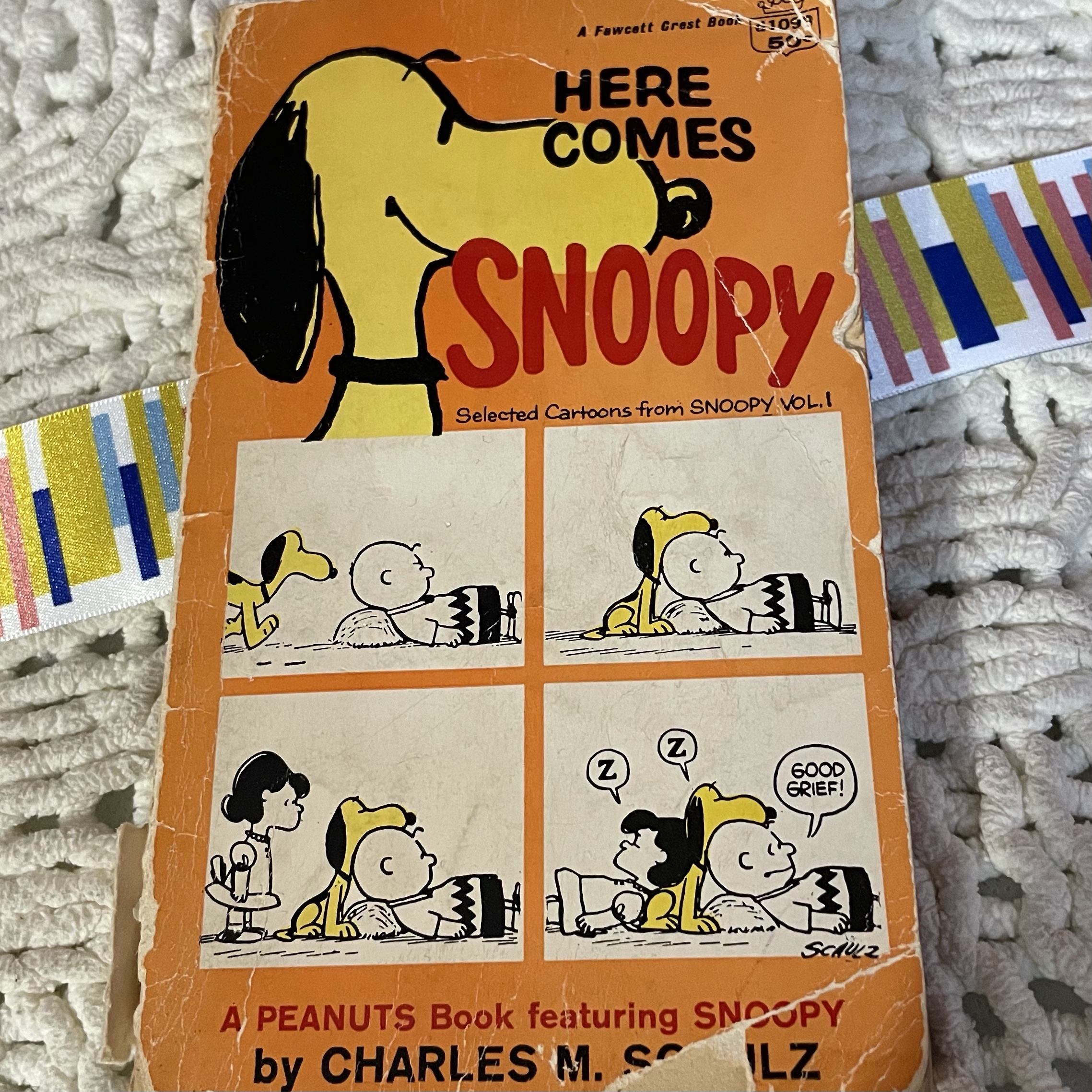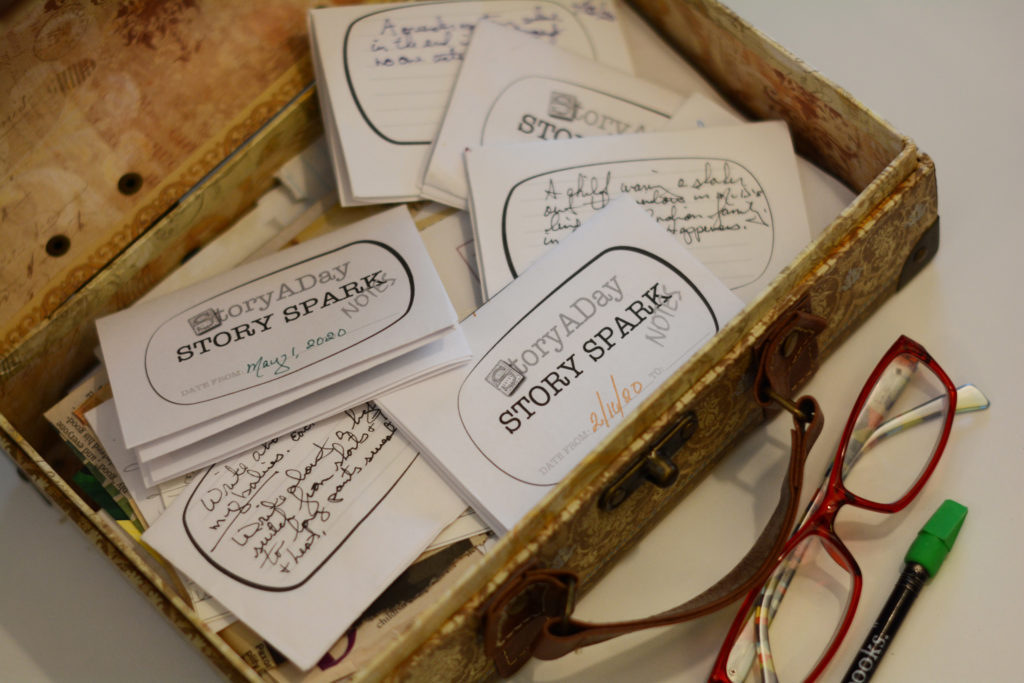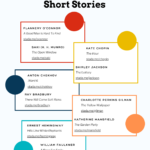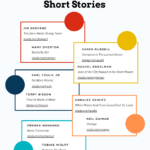This guest post, from Michele Reisinger, combines the wisdom of many of the StoryADay Superstars. Make sure to leave this open in a browser for the people in your life to ‘accidentally’ read! 😉
My husband would deny it, but he is a romantic at heart.
We’re all struggling with the effects of pandemic pandemonium, but recently he’s given me some pretty awesome gifts that have not only helped me cope with our “new normal,” but also develop a writing practice that will last far beyond this shared crisis.
Even better, while their value to me is priceless, their cost was almost zero. As writer Chari Schoen points out, “Sometimes it is just the little things” that mean the most.
So, what are the most romantic things you can do for the writer in your life?
My amazing cohorts in StoryADay’s Superstars shared their stories and wish lists.
Continue reading “The Five Most Romantic Things You Can Do for the Writer in Your Life”









